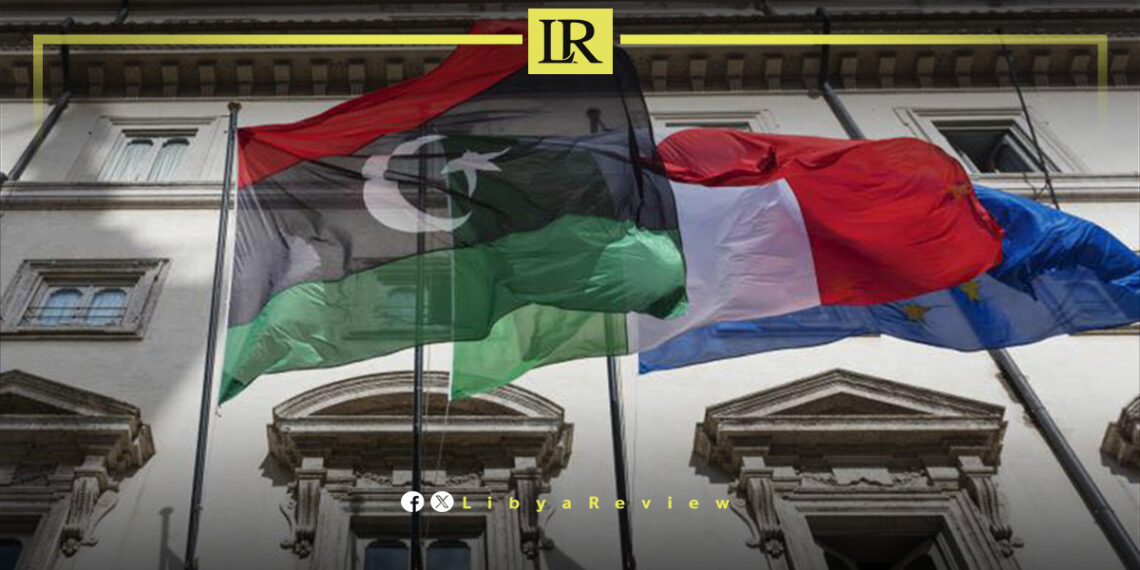The Libyan Embassy in Rome has been left in a state of paralysis after Italian banking giant Unicredit froze all its financial accounts in mid-September, citing accumulated debts and enforcing a court order that redefined the limits of diplomatic immunity.
According to embassy sources, the mission received a short email on September 18 informing them of the freeze, though the measure had already taken effect on the 15th. The sudden move immediately halted the embassy’s ability to function. Diplomatic staff sent from Tripoli, along with local Italian employees, were left without pay, while essential running costs of the embassy’s premises on Via Nomentana also went unpaid.
The embassy described the decision as a “unilateral act,” stressing that no official explanation was provided by Italian authorities, particularly the Foreign Ministry. In response, Libyan diplomats in Rome have hired a team of lawyers to launch urgent legal proceedings aimed at lifting the freeze and securing details of the alleged debts that triggered the court’s action.
The case is tied to a landmark ruling by Italy’s Court of Cassation in May 2025, which narrowed the long-held concept of financial immunity for foreign states.
The court declared that embassies must now provide certified proof that their bank funds are used exclusively for sovereign public purposes; otherwise, those accounts may be subject to claims by creditors. This interpretation significantly raises the legal burden on foreign missions and strengthens creditor rights.


